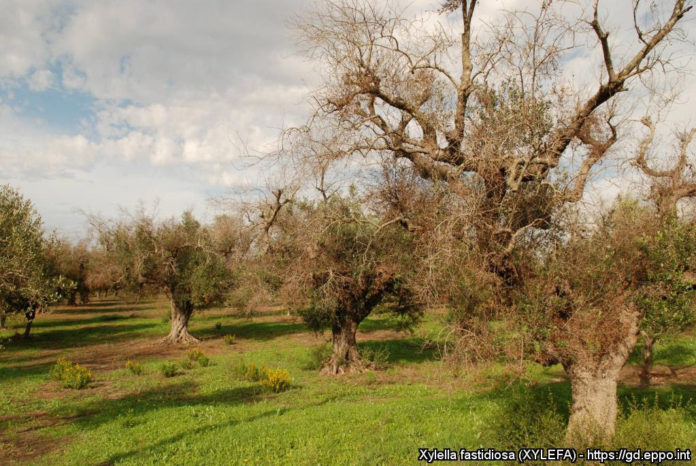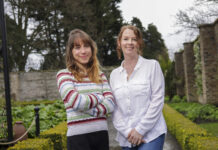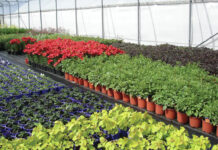Retired landscape horticulturist, Terry O’Regan, continues his series of articles reflecting on his adventures in the landscape sector.When a severe storm is at its height it is difficult to think beyond the fear and noise, fortunately, in Ireland, even the ‘category red’ named storms usually pass within 24 hours. The Covid-19 storm is in a different category altogether – way off the dial – its imprint on generations will probably match The Great Irish Famine – people will speak of life before Covid and life after Covid. Depending on your age; diverse major diseases and illnesses directly or indirectly may figure in your consciousness if not your life story – Scarlet Fever, TB/ Consumption, Polio, Lung Cancer, Aids, various flu strains, the vomiting bug and more besides. Those dependent on agriculture will tell you the year and severity of Bovine TB & Foot and Mouth outbreaks and some may speak of Bird Flu and Swine Fever outbreaks. Some such outbreaks resulted in changes in work practices, hygiene regulations or even lifestyles. In recent weeks, four media reports caught my attention – the first linked to Covid-19 mentioned that some people who contracted the virus or had relatives who died from the virus were considering litigation against those responsible for the enterprises where the virus was contracted. The second report concerned the arrival in Ireland of the Oak processionary moth/ caterpillars. The third report concerned Chalara ash dieback – in a depressing but comprehensive overview by Michael Viney (Irish Times) where I noted that up to 2018, the Department of Agriculture, Food and the Marine had expended €5.8m on a ‘reconstitution scheme’ – since abandoned. The fourth was related again to Covid-19 when an expert repeated the view of others that “we will have to learn to live with this virus for many years!” Linking these together set me thinking about living with pests and diseases, the cost involved, the litigation risk and what’s next? Plant diseases and pests are impacting more and more on the horticultural nursery/landscape sector with each passing year and the future looks daunting. If we listened to Donald Trump we might be tempted to spray everything with Parazone! When I began my engagement with horticulture in the 1960’s it seemed simpler
On websites today, you will readily find long lists of pests and diseases that are clamouring for entry into our gardens, woods and greenhouses. They have travelled from every corner of the world on planes and boats and trains – and trucks overlooking Cork harbour. I was explaining to a good client the possible reasons why his semi-mature beech tree had died. I suspected Honey fungus though there were no glowing mushrooms. He had assumed that trees only died of old age. It felt like either I or the tree was at fault. When landscape designers specify plants and landscapers plant them, they – like my man in Monkstown – expect them to grow to maturity, aside from a few early losses to drought or wind rock. Today we must regularly look over our shoulder to see if there is a swarm of pests of a cloud of disease hovering outside the gate. Just as we are going to have to learn to live with Cousin Covid; we need to reflect on how to live with a hungry bunch of plant pests or diseases. It is time to develop an informed integrated strategy and we all need to be part of the process. Let the conversation begin. ✽ TERRY O’REGAN pursued a career in the Irish landscape sector for some 50 years as contractor and consultant before retiring recently. For much of that time, he was also an active advocate for the bigger picture perspective and thinking outside the landscape box. He can be contacted at 087 240 7618 and terryjoregan@gmail.com.
|








